What is the Dead Sea Declaration?
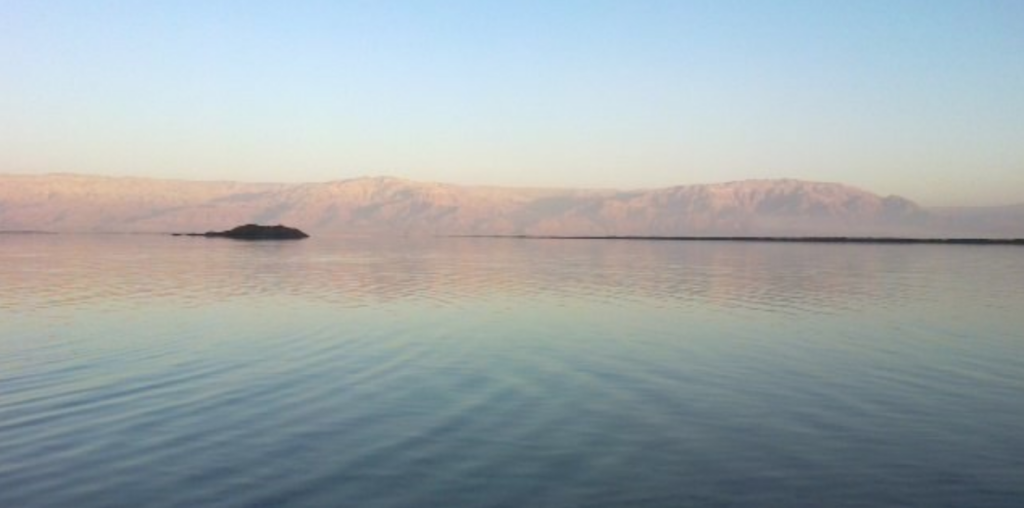
The Dead Sea Declaration comes at a critical moment in the movement for a more just and sustainable system of land governance. Time and time again, the stewardship of land by communities who live there has proven to be the most effective way to conserve the Earth’s ecosystems and climate. Eighty percent of the Earth’s biodiversity is on land controlled by Indigenous tribes: not as a matter of coincidence, but as a result of the centuries of knowledge and care practiced by Indigenous people. These bastions of biodiversity need to be defended at all costs. The knowledge and practice of these stewards can help inform efforts to expand people-centered land governance around the globe.
The Global Roots of Community Land Ownership
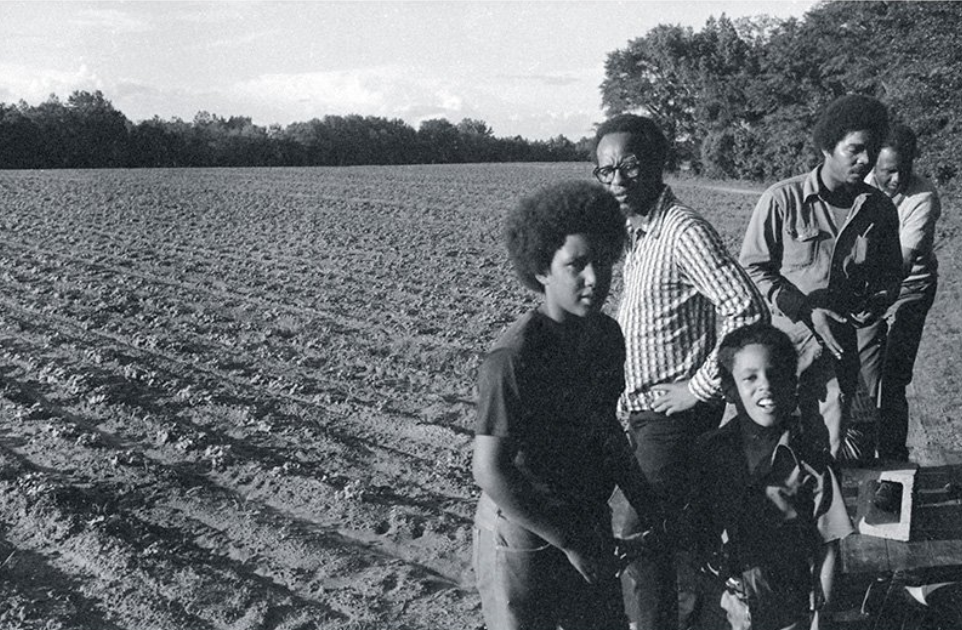
A CLT, according to Center for Community Land Trust Innovation, “is a nonprofit corporation that holds land on behalf of a place-based community, while serving as the long-term steward for affordable housing, community gardens, civic buildings, commercial spaces and other community assets on behalf of a community.” Like the Agrarian Commons, CLTs are based on the premise that land should be held and managed for the benefit of local communities.
Envisioning the Future of Black Seed Agroecological Farm and Village
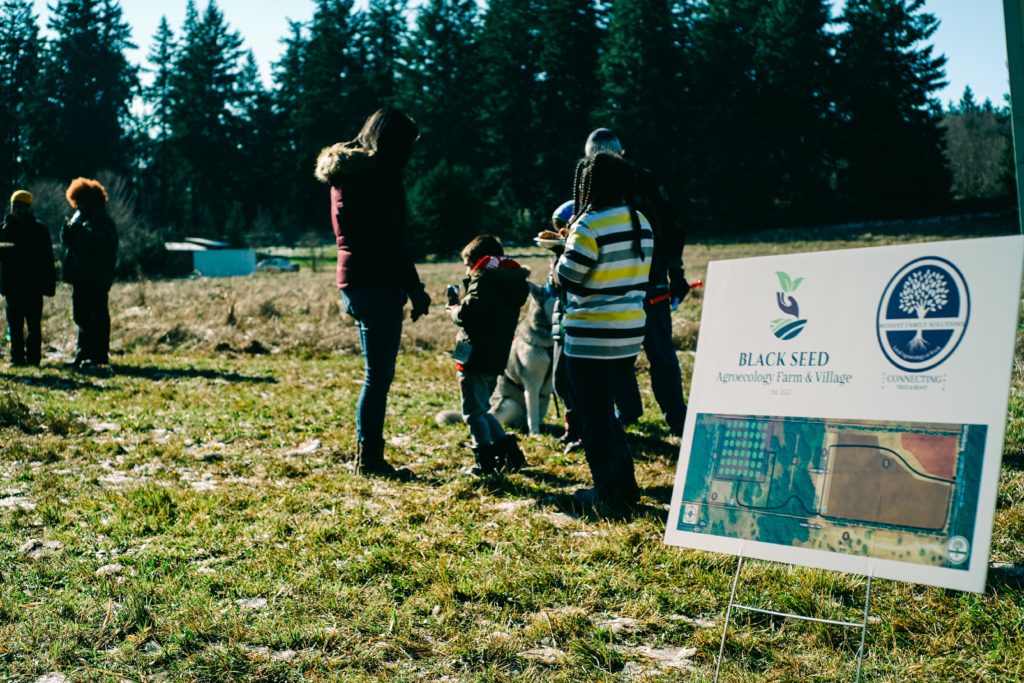
Black Seed Agroecological Village and Farm is still in the beginning stages of development. As is the case with most new farming operations, there’s a lot of work that needs to be done before the farm can begin operating at full capacity. New fields need to be cultivated, perennials planted, and new buildings constructed. Turner is currently working with the Washington State Department of Agriculture to define water rights on the farm, and to identify the source of surface water that covers part of the land.
What is Agroecology?
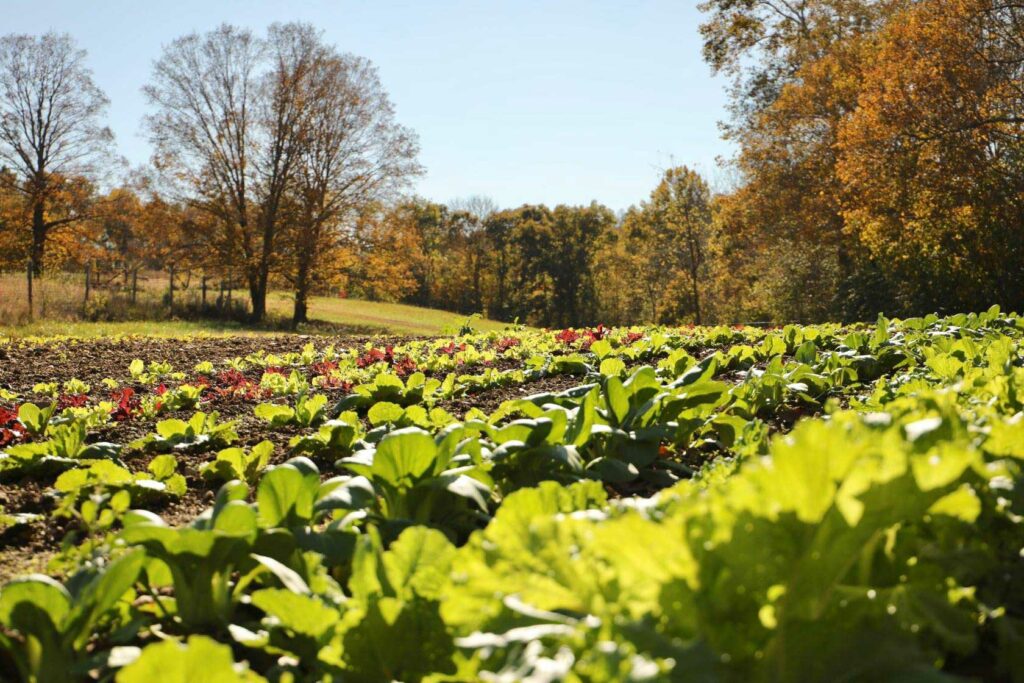
Agroecology is simply a continuation of these millennia of knowledge accumulation. Any one definition of agroecology as a practice would be incomplete. It reaches beyond a limited set of techniques or ideas, instead embracing the efficacy of agricultural techniques produced on a regionally, culturally, and ecologically specific level.
Key Findings From National Young Farmers Coalition’s 2022 Farmer Survey
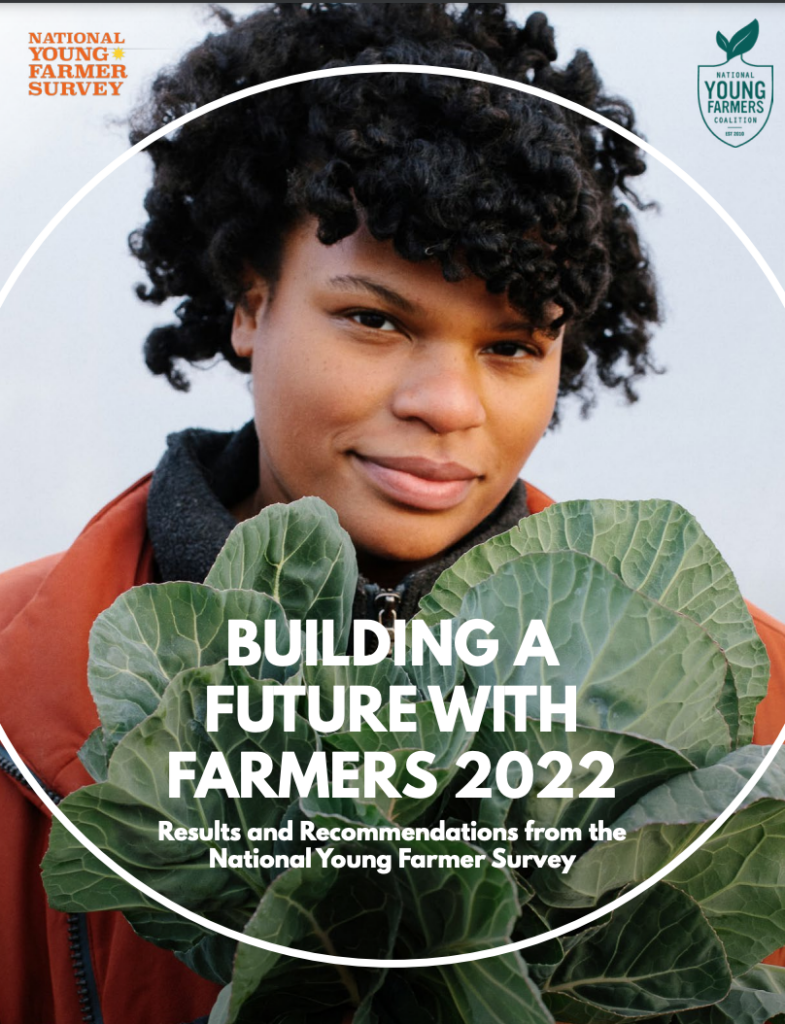
According to the survey, 59 percent of farmers surveyed reported that finding affordable land was “very or extremely challenging.” An even higher percentage of BIPOC farmers—68 percent of Indigenous respondents and 66 percent of Black respondents—gave the same response.
Ensuring Donated Land Gets Managed Equitably
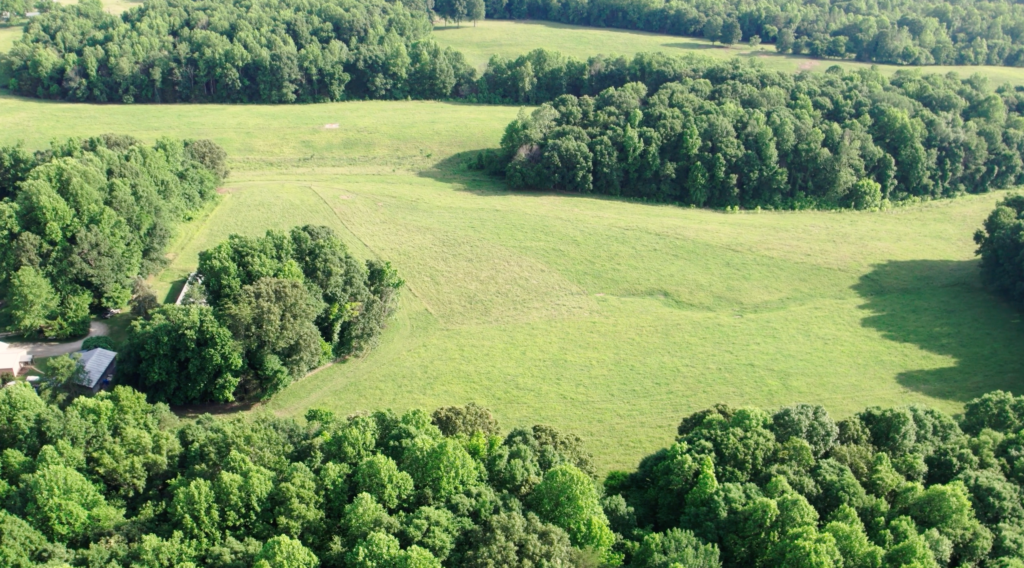
For Callie, successfully conserving agricultural land with issues of racial equity and environmental sustainability in mind took a lot of time and plenty of careful planning. After inheriting the land in 2015, Callie enrolled in classes at the local college and attended conferences on biological farming in search of farmers who shared her vision. Callie found a number of farmers who were interested in working the land, but only one couple was able to make a long-term commitment. Finally, after years of looking for a good fit, Callie and her husband found the Agrarian Commons model.
The Agrarian Commons, Land Stewardship, and the Racist History of Land Conservation
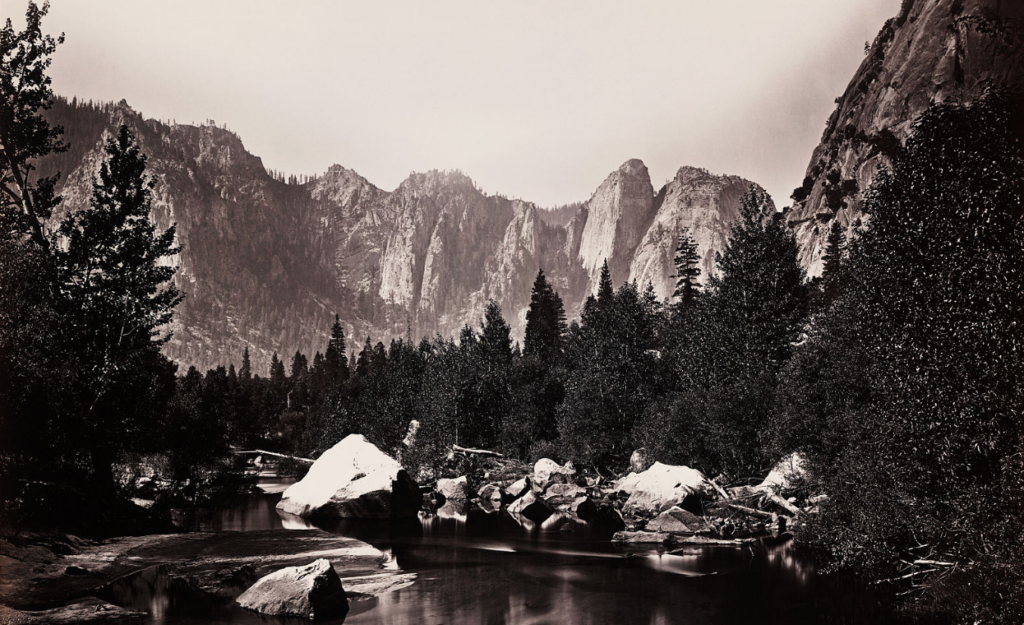
As a land conservation organization, it is important for Agrarian Trust to grapple with the racist history of land conservation, and to imagine new models of land stewardship rooted in racial equity and active care for the land. The Agrarian Commons model is a clear step in this direction.
La Via Campesina
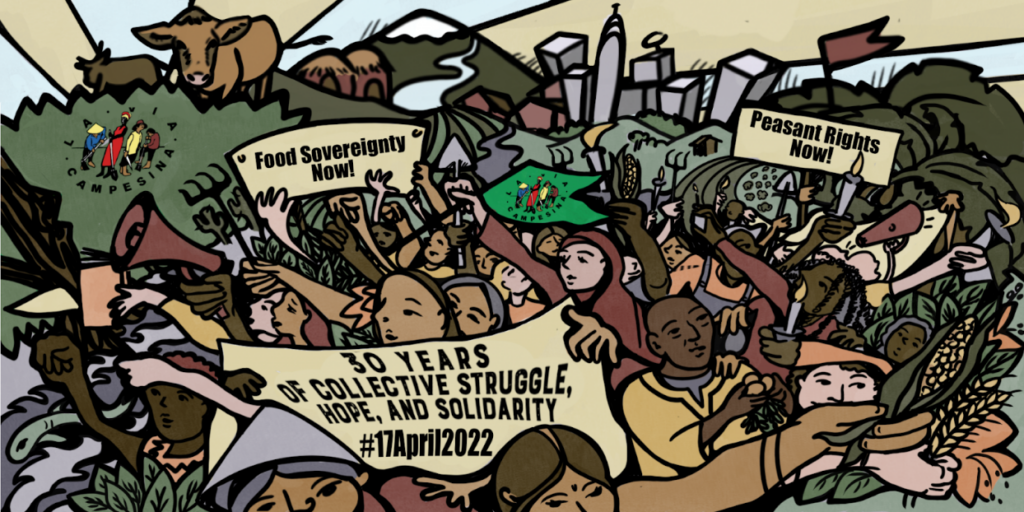
La Via Campesina coined the term food sovereignty in 1996, against the background of an increasingly globalized food system, which heavily favored large agribusinesses over small-scale farmers. The World Trade Organization (WTO) pressured countries to dismantle their local agricultural system, to lower prices, and become competitive on the global market. In order to drive labor costs down, farming became increasingly centralized, driving peasants and Indigenous people off their land at unprecedented rates. Aggressive copyright law and genetic engineering by large agribusinesses robbed peasants of their seeds, rendering them reliant on a volatile global market of pesticides and genetically modified organisms (GMOs). Cheap produce flooded local economies, destroying the livelihoods of farmers who were unable or unwilling to compete.
What can we learn from Deshee Farm? A Visual History
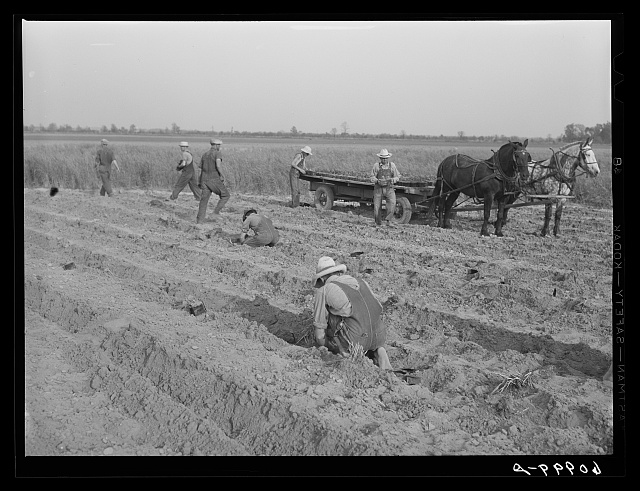
While farms like Deshee failed to take hold in the United States and had significant limitations, its story serves as a reminder that the privatized corporate farming that dominates U.S. agriculture was anything but inevitable. Grassroots organizing by tenant farmers played a key role in securing innovative, state-funded programming whose scale and vision matched the needs of the moment. Had there been more resources to fund similar efforts and more time and autonomy for the members of RA farms to develop the necessary institutions and cultural practices to effectively govern their shared resources, we might have been living in a different, more cooperatively focused world.
Oasis and Community in Petersburg, Virginia
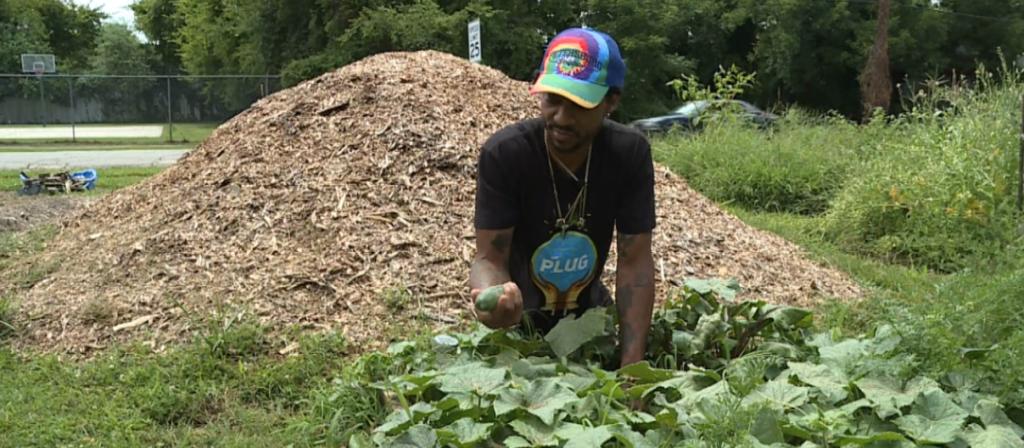
“What it means for our community… it means a sense of hope,” said Cherry. “It’s a light in a very dark time, not just for our city, but even for our country. And its potential for our youth, to know that something besides a place like Walmart exists here—that’s big. Something to be proud about, to say we have a community farm, something we’ve worked for—to have that kind of light in Petersburg.”